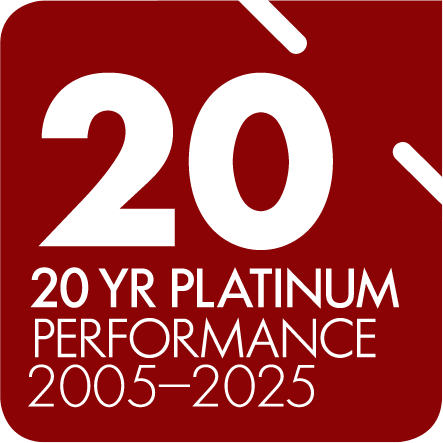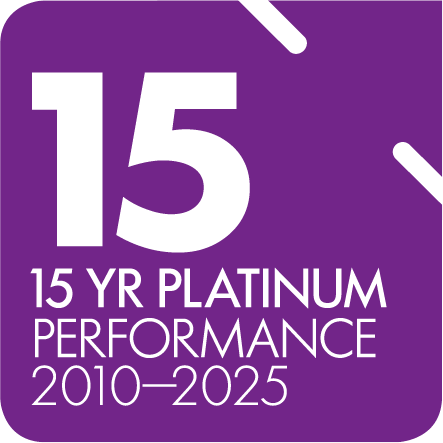Those are healthy returns for anyone who bought in the right area, at the right time, but Domain Group economist Trent Wiltshire says that those numbers are unlikely to be repeated this decade. As he explains, “Interest rates just can’t do what they did over this decade.” Or to put it another way, the RBA cash rate started the previous decade at 4.5%, it’s now just 0.10%. A record low with nowhere else to go.
The stock market
The stock market isn’t a single entity. Depending on how you invest, the results can be wildly different, so let’s start with some ballpark figures. The ASX 200, which tracks the leading 200 listed Australian companies, was up 130% over the last decade. This averages out to a compound growth rate of 8.7% per annum.
Casting our net a little wider, the S&P500, a stock market index that measures the performance of 500 large companies listed on the U.S. exchange, has averaged 13.6% p.a. from 2010 to 2020.
But if there’s one investment story that encapsulates the past decade, and the success of the U.S. market, it’s the rise of tech stocks.
Tesla shares are up a staggering 4,125% since the IPO ten years ago. When the company first went public shares were trading at $17 USD, by the middle of 2020 they had eclipsed $1,000 USD. Apple and Microsoft also did very well for investors, even if they couldn't compete with Tesla's numbers.
Apple started the previous decade at around $6 per share and eventually rose to $126 each. Microsoft went from $28 to $217, a rise of 672%. But we should mention that these companies and associated results are outliers.
Which is right for you?
At the end of the day, arguing about property vs. shares is like arguing about cats vs. dogs. While you’ll find diehards on both ends of the spectrum, there isn’t a correct answer. It really comes down to what suits you and your lifestyle.
Property, being a tangible product that you can see (and live in), provides a sense of security that shares don’t. It can be rented out to help offset repayments, and with record low interest rates a mortgage may be more affordable than ever before. Conversely, property still requires considerable savings up-front, and where you buy will have a significant impact on any potential return.
Shares, meanwhile, are easy to come by, and easy to sell. Unlike the housing market, the barriers to entry are virtually non-existent, so anyone can start small, and gradually build a portfolio.
Shares also provide a level of diversity that the property market can’t. An index fund or ETF (Exchange Traded Fund) is a cheap and easy way to build a balanced portfolio, which helps minimise risk by sharing it around, so even if one sector falls flat, others can pick up the slack.
The downside to shares is they can be volatile; some share investments may even prove worthless if the company collapses or goes into receivership.
Invest according to your goals
When it comes to investing, no two people are the same, and your personal situation and goals will determine what an appropriate investment might be.
So, think about your goals, your timeframe, and your finances. Do you have some spare cash in a bank account that might see a better return in the stock market? Are you looking for a source of income in retirement? How much time do you have and how involved do you want to be?
Thinking about your goals can help you narrow down the options. And if you’re looking for external advice, our financial planners can help you better understand your options.
Ultimately, most people are looking for a diversified investment mix that can weather the various economic ups and downs on the horizon.
And speaking of diversification, don’t forget about your super. Most people consider it a part of any well-balanced investment mix. With our Balanced Growth option averaging over 8% p.a. over the past decade, it provides a third pillar between property and shares. Importantly, the Balanced Growth option is just that. It has a ‘balanced’ exposure to many growth-oriented investments, including property and shares. That way, you get exposure to a diversified mix of investments which can reduce the volatility of the returns you receive.
Looking back while investing in the future
Past performance is not an indicator of future performance. We’re obliged to say that in our disclaimers, but it’s particularly true when it comes to comparing two different investments.
Simply stated, no one knows what the next decade holds, and what impact it may have on investments and returns.
Our financial planners can help you plan for the future and build a diversified investment mix. You can book an appointment online and the first meeting comes at no additional charge.










